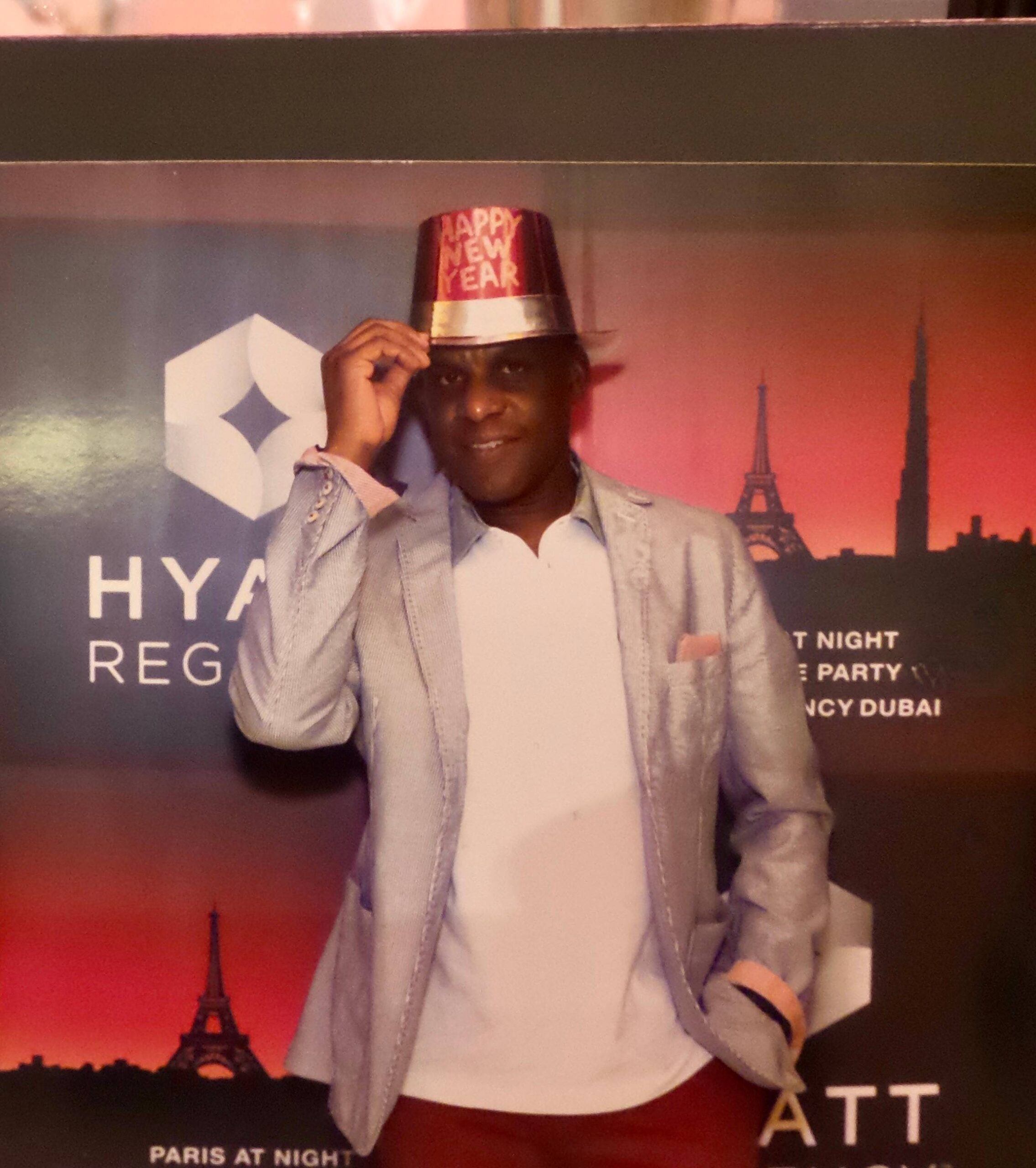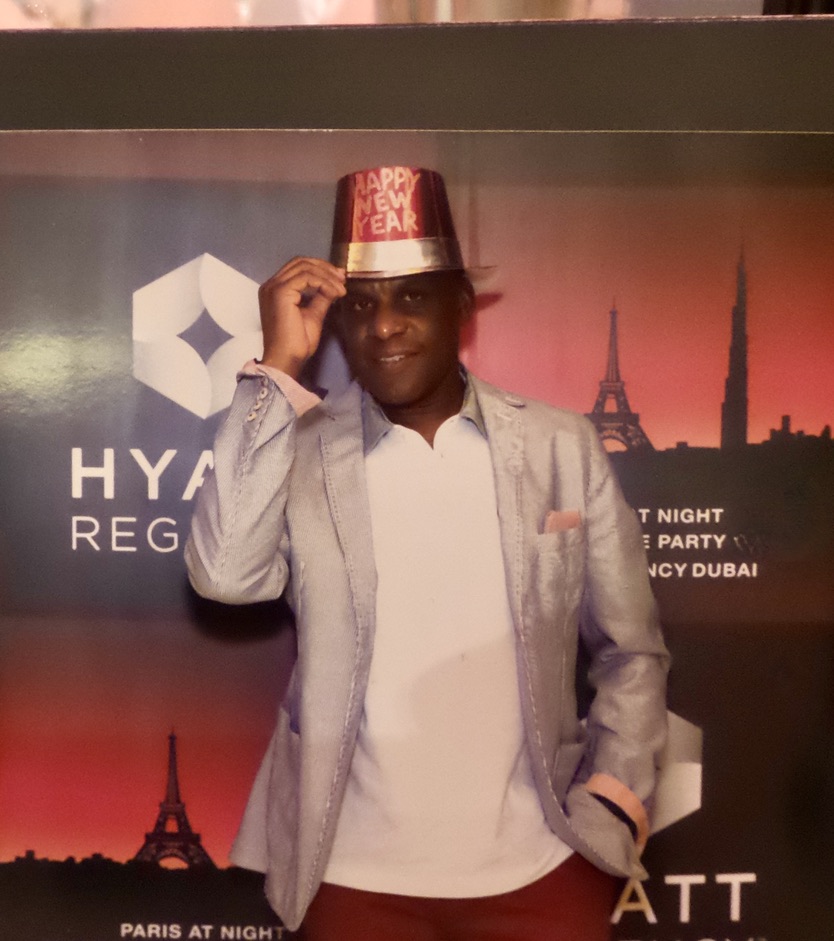Leadership isn’t always a show of strength—it’s often an exercise in survival.
Summary:
Recently in Westminster, Rachel Reeves’ visible emotion sparked headlines calling her everything from weak to refreshingly honest. But behind the commentary is a deeper question: What does it really cost to hold it all together in public?
This piece explores why leaders crack, why compassion is so often missing, and what it means for anyone carrying invisible pressure—whether you run a country, a business, or your own household.
When the Mask Slips
In politics, you’re expected to stay composed. Unflappable. Always in control.
So when Rachel Reeves’ voice cracked as she defended the welfare bill, it wasn’t just emotion—it was a glimpse behind the professional armour.
The Silence Beside Her
As Reeves wiped her tears, Sir Keir Starmer stood motionless.
Was it respect? Awkwardness? Or the old rule: never show weakness, never acknowledge it?
If a colleague stood next to you like that—voice breaking—would you reach out?
Would you have consoled her?
What You Don’t See
The next day, as ministers rattled off stock market figures and recovery plans, the human cost remained hidden.
Sleepless nights. Relentless pressure. The dread that you’ll never do enough.
I’ve seen it up close.
I had the privilege of working with an MP and their surgery team twice, delivering mental health awareness and resilience training. The demands were staggering:
- Thousands of messages, many unanswered, not for lack of care but lack of time.
- Constituents expecting instant responses, even when the team returned from a holiday or long weekend.
- A constant sense that whatever you did, it wouldn’t be enough.
It made me realise: we often judge from the outside without understanding the reality behind the scenes.
When Overwork Becomes Dangerous
In Japan, there’s a word for dying because you can’t stop: karoshi.
Globally, more than 750,000 people die each year because work stress becomes too much.
Yet we still expect leaders to stay stoic—to carry on without help.
A Brutal Business
Politics has always been punishing.
Pedro Sánchez nearly quit, asking: Is it worth it?
Jacinda Ardern resigned, saying she had “nothing left in the tank.”
Humza Yousaf stepped down to protect his health and family.
Research shows 41% of politicians report worse mental health than emergency responders.
Social media makes it worse. Thousands of messages—many abusive—arrive daily. For women and people of colour, it’s even more vicious.
Why the History Matters
For centuries, mental health wasn’t even seen as legitimate. People were locked away, labelled defective, or simply ignored.
This timeline isn’t just history—it’s proof we’ve come far, but still expect people to endure more than anyone should.
A Brief History of Mental Health Progress
- 1774 Lunacy Act: Regulated asylums for the first time.
- 1845 Lunacy Act: Humane treatment and oversight.
- 1948 NHS Founded: Mental health became a public concern.
- 1959 Mental Health Act: Recognised rights and dignity.
- 2012 Health and Social Care Act: Equality for mental and physical health.
- 2019 NHS Long-Term Plan: Expanded access to therapy.
Even now, stigma and silence remain powerful forces.
What Kind of Leadership Do We Want?
When Reeves’ tears broke through, it wasn’t a moment of weakness.
It was a moment of honesty.
If we demand leaders never show emotion, we shouldn’t be surprised when they burn out—or walk away.
Three Questions for Every Leader
Ask yourself:
- Would my team feel safe admitting they’re close to burnout?
- Have I created space for real conversations—not just performance updates?
- Am I human in front of them—or trying to be a machine?
If you can’t answer “yes,” it may be time to rethink what strength really means.
You Deserve Support, Too
Leadership doesn’t mean carrying it all alone.
I deliver accredited Mental Health First Aid training so leaders can spot the signs, have honest conversations, and build cultures where no one has to pretend they’re invincible.
Because true leadership isn’t about never feeling—it’s about caring enough to keep going.
P.S.
If you’d like to build a culture that values wellbeing as much as performance, let’s talk. You deserve support, too.
You don’t have to hold it all together alone.
Mike Lawrence: Your Guide to Health & Wellbeing
I’m Mike Lawrence, a passionate advocate for mental health and wellbeing. After overcoming significant health challenges, including brain surgery, I’ve dedicated myself to a journey of self-improvement and helping others thrive. From heart-pounding skydives for charity to soul-enriching travels in Thailand, my experiences have shaped my approach to holistic health.
I love sharing the lessons I’ve learned from these adventures and the powerful audiobooks I devour. Let’s explore the paths to better mental and physical health together. Embrace life’s adventures with enthusiasm and resilience, and remember—you’re never alone on this journey!
Feel free to email me at hello@mikelawrence.co.uk or connect with me on LinkedIn. For more in-depth insights and inspiring stories, read my latest blogs here. Together, let’s create a healthier, happier future!





